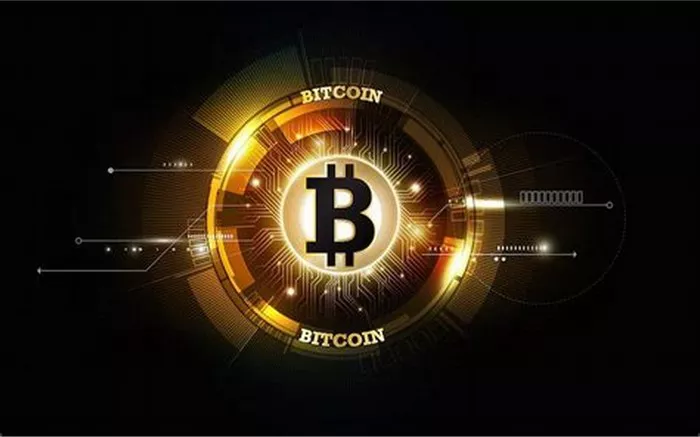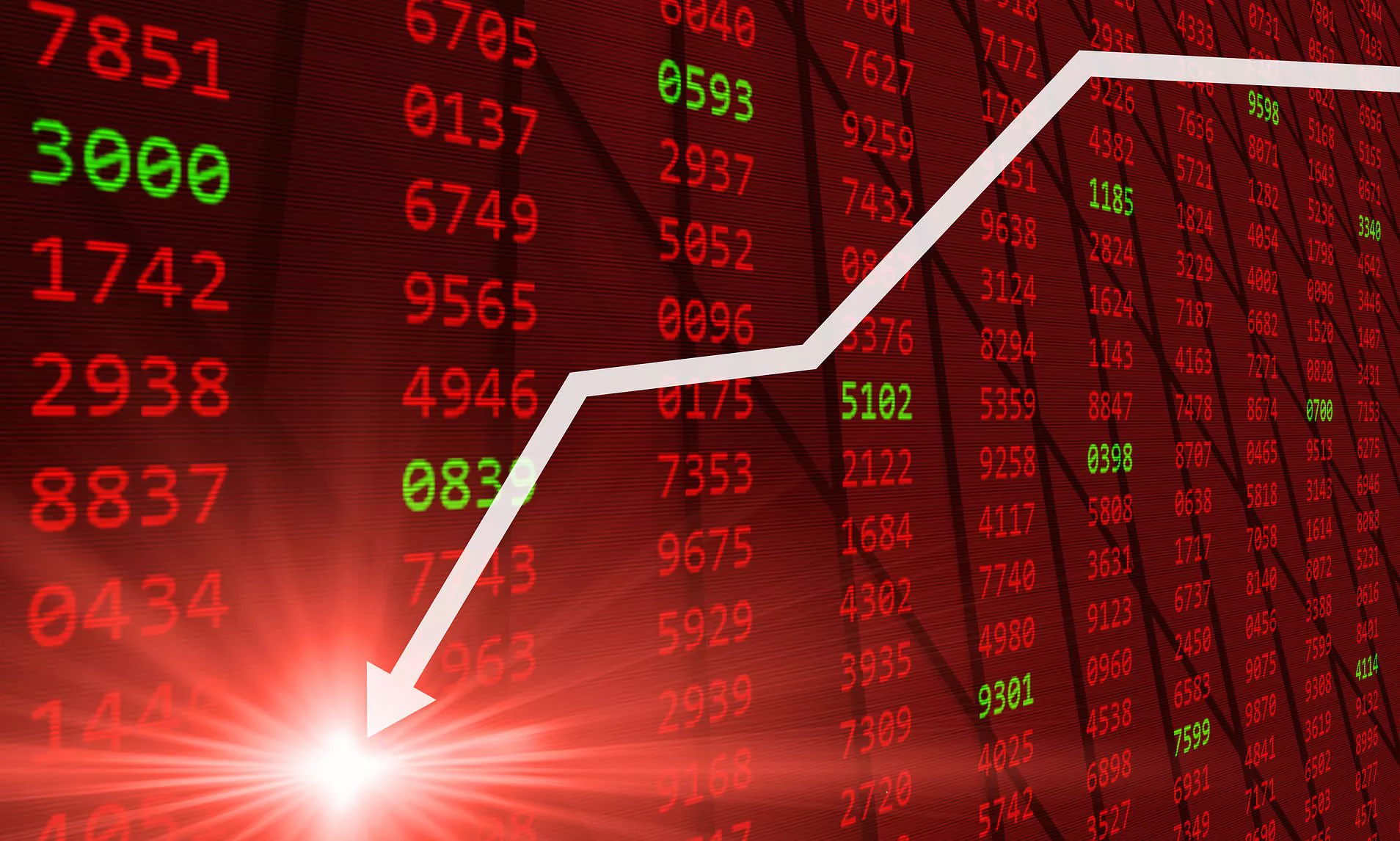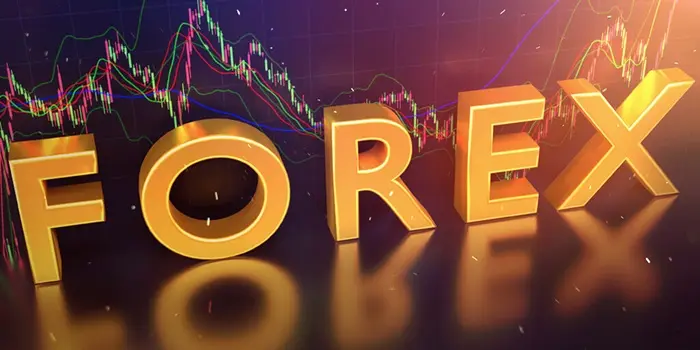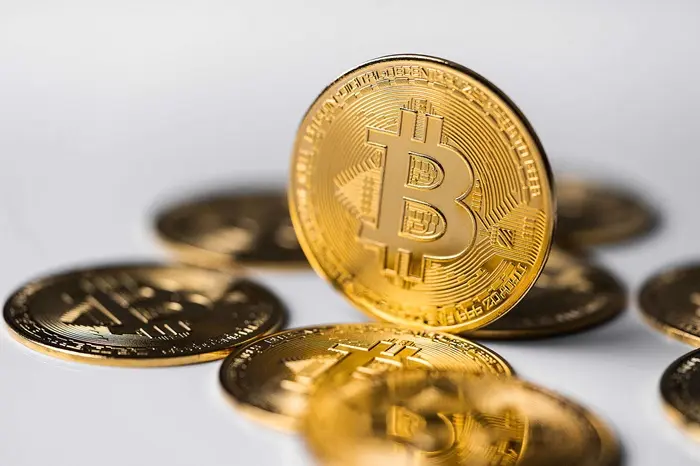GameStop Corp. is set to raise $1.3 billion by issuing convertible bonds to fund Bitcoin purchases. The video-game retailer announced on Tuesday that its board approved a plan to add Bitcoin as a treasury reserve asset. The company followed up with a filing on Wednesday, revealing the planned bond sale, which will also serve other general purposes, including acquiring Bitcoin.
GameStop Joins Companies Using Convertible Debt for Bitcoin
This move positions GameStop alongside other public companies using convertible bonds to buy Bitcoin, hoping to capitalize on the cryptocurrency’s volatility. This strategy was first pioneered by Michael Saylor’s company, MicroStrategy, which has purchased over $40 billion worth of Bitcoin and seen its stock price soar as a result.
A convertible bond is a financial instrument that can be converted into shares of stock at a set price if the stock’s value increases above a certain threshold. GameStop is marketing its bonds, which will mature in 2030, with a conversion premium ranging from 35% to 40%. This premium indicates the price at which the bond can be converted into stock.
Market Skepticism and Bond Terms
GameStop’s move comes despite growing skepticism among investors about this strategy. The premium for GameStop’s bonds is lower than the 55% premium that MicroStrategy offered on similar bonds in November. More recently, MicroStrategy raised $2 billion in February with a bond premium of just 35%, signaling that investors are demanding better terms for this risk.
Following the announcement, GameStop’s stock dropped by 6.6% to $26.44 in after-market trading, erasing gains made earlier in the day.
Bitcoin Strategy Amid Declining Video Game Sales
GameStop’s Bitcoin strategy comes at a time when the cryptocurrency market is facing a downturn, with Bitcoin down 18% from its all-time high in January. Despite the broader market uncertainty, GameStop’s push to buy Bitcoin is part of its effort to diversify away from its slowing core business, as the video game industry continues to shift toward digital platforms.
In its fourth-quarter earnings report, GameStop revealed a 28% drop in revenue, falling to $1.28 billion from the previous year. While hardware, accessories, and software sales declined, collectible sales saw an increase.
Leadership Shift and Strategy Change
GameStop’s push into Bitcoin comes under the leadership of Chairman Ryan Cohen, who took over the role in 2021 and became CEO in 2023. Cohen’s leadership followed an activist campaign that turned the company into a meme stock during the pandemic. Since then, he has explored various strategies to revive the company, including using cash to purchase stock in other businesses. Investors have speculated that GameStop might follow in MicroStrategy’s footsteps after Cohen shared a photo of himself with Saylor on social media in early February.
Rising Interest in Bitcoin as a Corporate Asset
MicroStrategy’s success in increasing its stock by over 2,600% since 2020 by investing in Bitcoin has inspired many companies, from medical tech firms to hotel developers, to adopt similar strategies. Bitcoin itself has risen by nearly 700% over the same period, adding to its appeal as a corporate asset.
While many companies have used their cash reserves to buy Bitcoin, an increasing number are opting to use debt to fund the purchases. Convertible bonds, which do not immediately dilute stockholders like a direct share issuance would, have gained popularity. Hedge funds find these instruments particularly attractive because they can capitalize on stock volatility, making GameStop an appealing option given its history of volatility since becoming a retail trader favorite in 2021.
Related topics:























